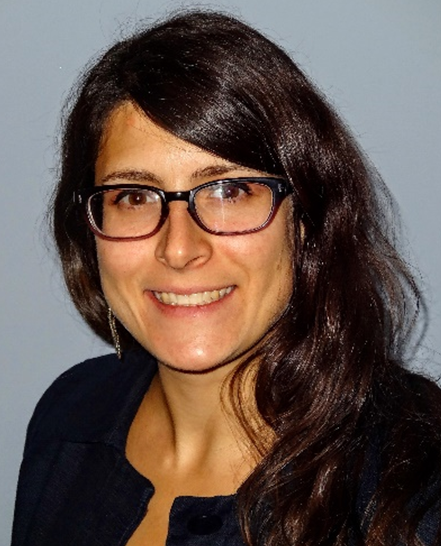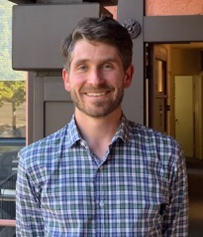NACCHO and the American Association for the Advancement of Science’s Center for Scientific Evidence in Public Issues (AAAS EPI Center) have partnered to organize a webinar on per- and polyfluoroalkyl substances (PFAS) in drinking water designed for local health departments. The August 12 session, facilitated by RESOLVE, will provide an overview of PFAS contamination in drinking water, including sources, public health significance, and the status of federal and state regulations; share strategies and toolkits for communicating complex PFAS-related science with communities; and highlight an example of one community’s experience with PFAS contamination. The webinar will include presentations and time for questions and discussion.
Webinar Objectives
- Introduce PFAS contamination in drinking water, including sources, pathways for human exposure, public health significance, and the status of federal and state regulation;
- Share strategies for communicating complex PFAS-related science to the general public;
- Discuss how scientific evidence can help communities understand options for reducing or eliminating risks posed by PFAS;
- Discuss the value of and identify successful strategies for communicating and partnering with community stakeholders, state agencies, and other constituents to address PFAS;
- Connect decision-makers with scientific experts, as well as other colleagues addressing these issues, who can help inform how to incorporate scientific information into their decision-making.
Speaker Information

Melissa A. Harclerode, PhD, BCES is a technical specialist with over 15 years of experience designing and managing environmental projects for multidisciplinary teams across the federal, state, and private sectors. She provides technical support and modeling on environmental footprint analysis, life cycle assessment, community impact evaluations, risk communication, public outreach planning, and the development of sustainable best management practices. Dr. Harclerode’s responsibilities also include serving as project technical lead or conceptual site model lead for various site remediation projects, including emerging contaminants such as per- and polyfluoroalkyl substances (PFAS) and 1,4-dioxane. At CDM Smith, she has helped propel the work of environmental remediation specialists into the future, with innovative stakeholder engagement techniques and an overall commitment to the social and economic impacts of environmental remediation. She serves as the Interstate Technology Regulatory Council (ITRC) Risk Communication Toolkit co-leader, with a focus on PFAS.

Tom Bruton, PhD is a Senior Scientist with the Green Science Policy Institute who works at the intersection of science, government, and business to reduce the use of harmful chemicals. Tom leads the Institute’s research and policy work on per- and polyfluoroalkyl substances (PFAS). He received his Ph.D. in environmental engineering at UC Berkeley, where his research focused on the cleanup of chemical contaminants, including PFAS, in soil and groundwater.
Karla Black, PhD, MEP, PEM, REHS is the Emergency Preparedness Coordinator for the Kent County Health Department (KCHD) in Grand Rapids, Michigan which serves over half a million residents in urban and rural settings. While at KCHD, she has responded to a number of public health issues including PFAS water contamination, extreme weather events and COVID-19. Prior to her service in Kent County Dr. Black served as a Strategic National Stockpile contractor for the Illinois Department of Public Health and the Emergency Preparedness Coordinator for Allegan County in Michigan. Dr. Black received her B.S. in Chemistry and B.S. in Biology from the University of Illinois Urbana-Champaign and her Ph.D. in Biology from Purdue University.
Sara Simmonds is the Environmental Health Division Director at the Kent County Health Department in Grand Rapids, Michigan. She served in the Peace Corps serving as a Natural Resources Management Volunteer in Bolivia, South America prior to entering the local public health workforce. She began her career in local public health at Kent County as a General Sanitarian and is a Registered Environmental Health Specialist. She is the Past President of the Michigan Environmental Health Association and incoming President of the Michigan Association of Local Environmental Health Administrators. She received a Bachelor of Science from Michigan State University in Environmental Studies and Applications and a Master of Public Administration from Grand Valley State University.






